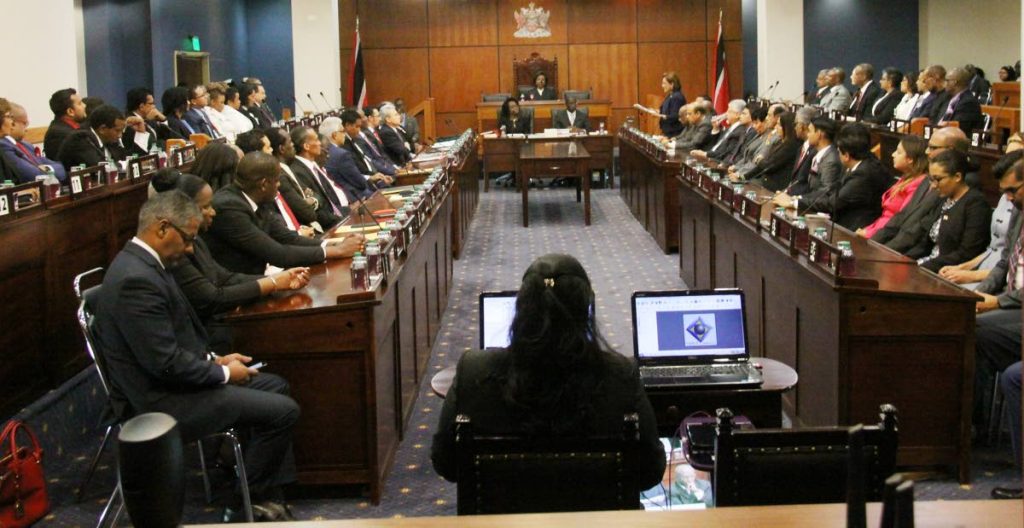Govt acts against trafficking 1

SEAN DOUGLAS
SOME 14 victims of human trafficking were rescued and sent to care, up from 13 in 2016, five in 2015 and eight in 2014. So said the US State Department 2018 Trafficking in Persons Report published yesterday.
It also said, “Corruption in police and immigration has in the past been associated with facilitating prostitution and sex trafficking.”
“The 14 victims included one male minor and two adult males exploited for labour trafficking and one female minor and nine adult females exploited for sex trafficking. The victims originated from Venezuela, Bolivia, and Trinidad and Tobago.” All victims were assisted in care facilities, and six were eventually repatriated.
“All victims assisted with criminal investigations and received permits that allowed them to legally stay and work in the country.”
As for the past five years, the report deemed TT “a destination, transit, and source country for adults and children subjected to sex trafficking and forced labour.
“Women and girls from the Dominican Republic, Venezuela, and Colombia are subjected to sex trafficking in brothels and clubs, often lured by offers of legitimate employment. Because of deteriorating economic conditions in their home country, Venezuelans are particularly vulnerable.”
The report said LGBTI peopleare vulnerable to sex trafficking.
It also noted, “Many trafficking victims enter the country legally via Trinidad’s international airport, while others appear to enter illegally via small boats from Venezuela, which is only seven miles offshore.”
Migrants from the Caribbean and Asia, in particular those lacking legal status, are vulnerable to forced labour in domestic service and the retail sector.
Some 14 alleged perpetrators are now before the magistrates court for human trafficking, but no one has ever been convicted under the 2011 anti-trafficking law.
The report acknowledged, “The Government made modest efforts to reduce the demand for commercial sex acts by developing public service announcements targeting the buyers of commercial sex.” It also set up national hot lines for trafficking and domestic abuse.
The Government doubled its anti-trafficking budget, created new task forces, increased training for officials, and prosecuted a complicit public official, but experienced continued delays in prosecutions and had yet to secure a conviction under its anti-trafficking law, the report said.

Comments
"Govt acts against trafficking 1"